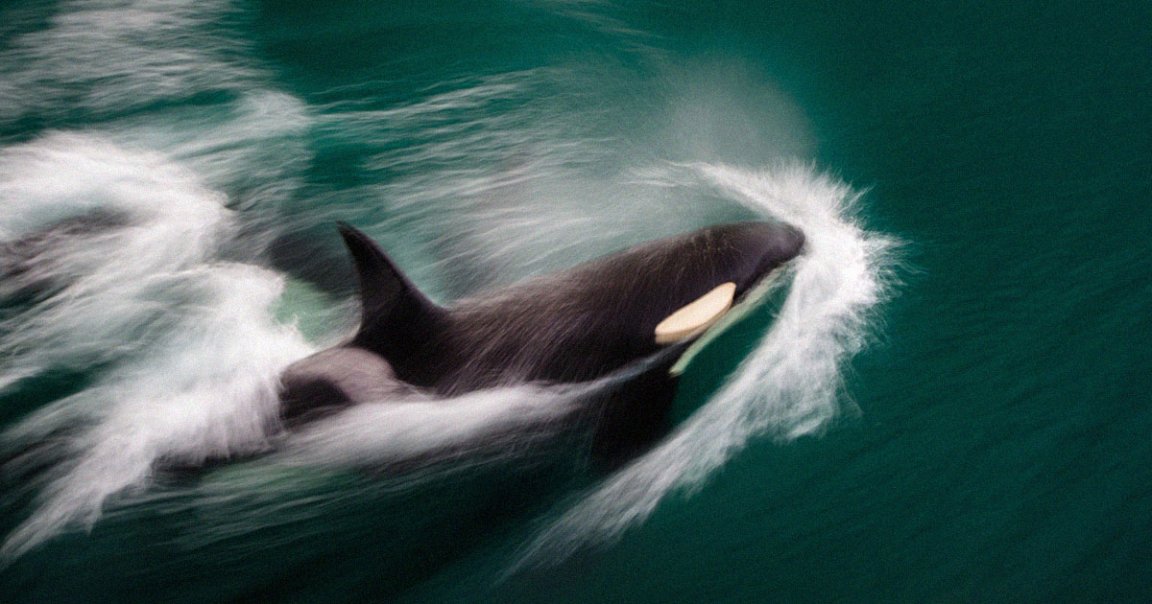
Things Go North
An orca repeatedly slammed into a yacht sailing in the North Sea off the coast of Scotland earlier this week, marking the first orca attack in northern waters.
In other words, the recent onslaught of orca attacks on ships, it seems, could be spreading.
“What I felt [was] most frightening was the very loud breathing of the animal,” Wim Rutten, a retired Dutch physicist who was captaining the ship, told The Guardian.
The orca rammed the boat over and over, sending “soft shocks” through the hull. Once it stopped its assault, the whale dropped back and ominously trailed the vessel, “looking for the keel.”
The whale “disappeared,” Rutten described, “but came back at fast speed, twice or thrice… and circled a bit.”
Attacking Spree
Killer whales have been terrorizing sailors for over a month. But until now, most if not all of the dozens of recent orca attacks on boats have been roughly contained to the seas south of Spain, in an area known as the Strait of Gibraltar.
Recently released footage shows an orca slamming into a sailboat off Spain’s southern coast, damaging the hull and forcing sailors to pump water out of the boat.
The behavior is as unusual as it is terrifying. Until aggressive encounters were first documented back in 2020, orcas had been rarely known to approach, let alone attack, humans or their vessels. It was only in recent months that those burgeoning encounters escalated to sinking ships.
Orcas, like many whales, are incredibly social and intelligent creatures. Scientists suspect that the behavior is being taught by adults to their pods, and then spreading. The behavior moving from the Strait of Gibraltar all the way north of Scotland is quite a stretch, but some scientists say it’s entirely possible.
“I’d be reluctant to say it cannot be learned from [the southern population],” Conor Ryan, a marine biologist and a scientist advisor for the Hebridean Whale and Dolphin Trust, told The Guardian.
“It’s possible that this ‘fad’ is leapfrogging through the various pods/communities.”
Just a Phase
As for the origin of the orca behavior and the intentions behind it, scientists have several theories. It could be that this is just an apex predator’s idea of having fun. Rutten himself said it was possible the orca “just wanted to play.”
Another prevailing theory is that this originated as an act of revenge, but some experts dispute this thinking.
As Ryan alluded to earlier, this could simply be a behavioral “fad.” How long it will stay in fashion, though, remains to be seen.
More on orcas: Captain Attacked Twice by Orcas Says They’re Developing Better Anti-Boat Strategies